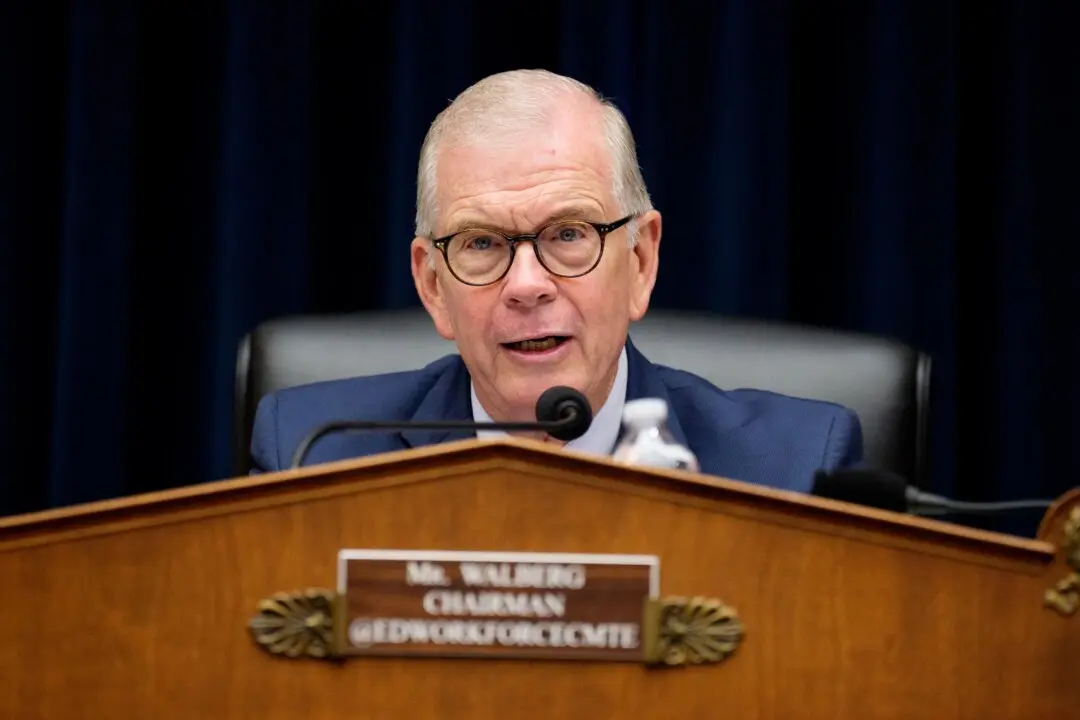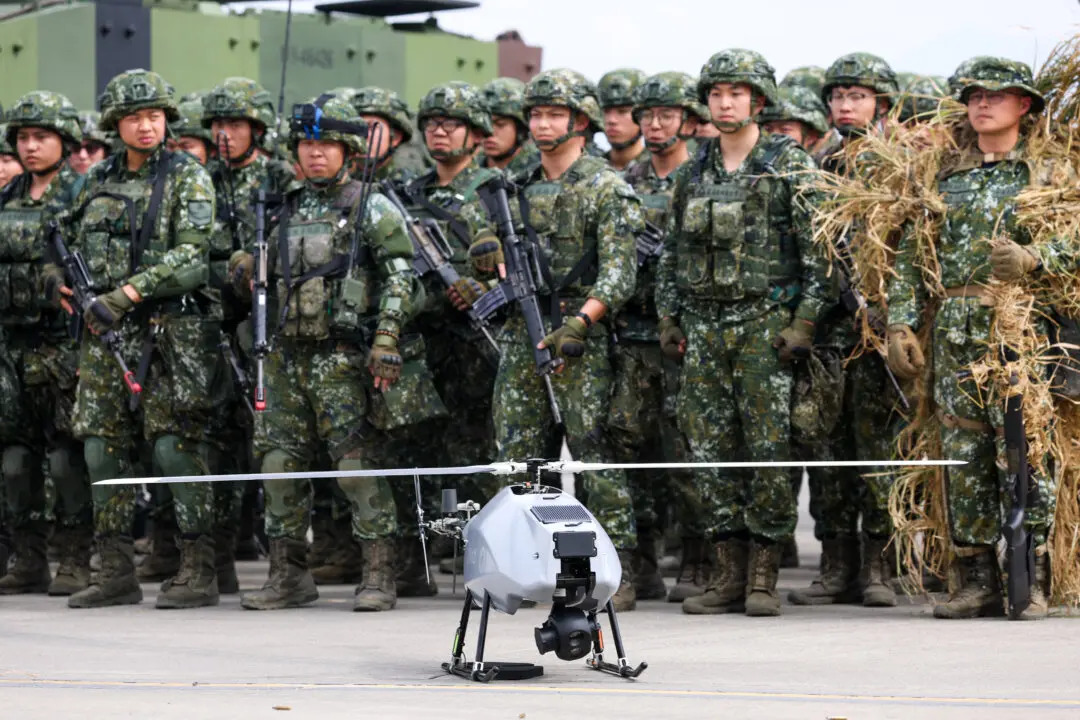China’s influence operations to undermine Taiwan’s democracy should be a top concern for the U.S. government, according to a Washington-based nonprofit.
“Taiwan’s democracy is strategically important to the American vision of a free and open Indo-Pacific,” the Global Taiwan Institute said in a report released on Oct. 22, as the island is an important American ally.





